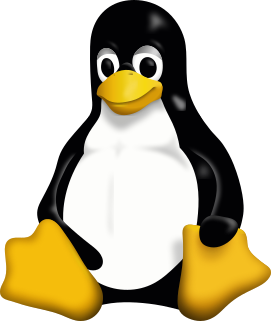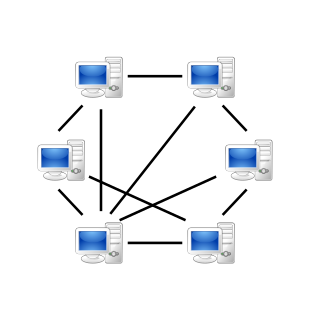This article has multiple issues. Please help improve it or discuss these issues on the talk page . (Learn how and when to remove these template messages) (Learn how and when to remove this template message)
|
| Developer(s) | Vimukti Technologies |
|---|---|
| Stable release | 1.2 / February 19, 2009 |
| Written in | Java/Eclipse |
| Platform | Cross-platform |
| Available in | English |
| Type | Collaborative software, File Sharing, Groupware |
| License | Proprietary |
Collaber is a collaboration software built on Eclipse Software RCP. Collaber Features include File sharing, Task management, Shared Calendar, Group Discussion. It contains Tools like Address Book, Backup Tool, Calendar, Chat, Discussion, Database, File Tool, Tasks, Notepad, Picture, Polls, Shared Folder, Wiki and Web Links Tool. Now Collaber 1.1 is released with completely new architecture, which will enable users to download their account information from anywhere and any device.
File sharing is the practice of distributing or providing access to digital media, such as computer programs, multimedia, documents or electronic books. File sharing may be achieved in a number of ways. Common methods of storage, transmission and dispersion include manual sharing utilizing removable media, centralized servers on computer networks, World Wide Web-based hyperlinked documents, and the use of distributed peer-to-peer networking.
Most of the functionality of Collaber appears to be similar to Microsoft Groove. But unlike Groove which is limited to Microsoft Windows platform, Collaber is supported on Microsoft Windows, Mac OS X, and Linux.
Microsoft Windows is a group of several graphical operating system families, all of which are developed, marketed, and sold by Microsoft. Each family caters to a certain sector of the computing industry. Active Windows families include Windows NT and Windows Embedded; these may encompass subfamilies, e.g. Windows Embedded Compact or Windows Server. Defunct Windows families include Windows 9x, Windows Mobile and Windows Phone.

macOS is a series of graphical operating systems developed and marketed by Apple Inc. since 2001. It is the primary operating system for Apple's Mac family of computers. Within the market of desktop, laptop and home computers, and by web usage, it is the second most widely used desktop OS, after Microsoft Windows.

Linux is a family of open source Unix-like operating systems based on the Linux kernel, an operating system kernel first released on September 17, 1991 by Linus Torvalds. Linux is typically packaged in a Linux distribution.
Even though it was originally designed on P2P architecture similar to Microsoft Groove, it switched to client server model. It appears to have better reliability compared to P2P model.

Peer-to-peer (P2P) computing or networking is a distributed application architecture that partitions tasks or workloads between peers. Peers are equally privileged, equipotent participants in the application. They are said to form a peer-to-peer network of nodes.
Collaber client will automatically synchronized with the Collaber Server when it connects to internet. Any changes done in any workspace will be sent to all other members when it is synchronized. Users of Collaber can install it in any number of systems. All those installations always stay in sync so that you will see the same data in any system without any manual intervention.
The concept of Workspace is core to the working Collaber. Users can create workspace. Workspace can have any of the 15 built in tools. All the tools and the data inside each tool is shared with all members of the workspace.
Workspace is a term used in various branches of engineering and economic development.
Collaber is developed by Vimukti Technologies which is based in Hyderabad, India.






